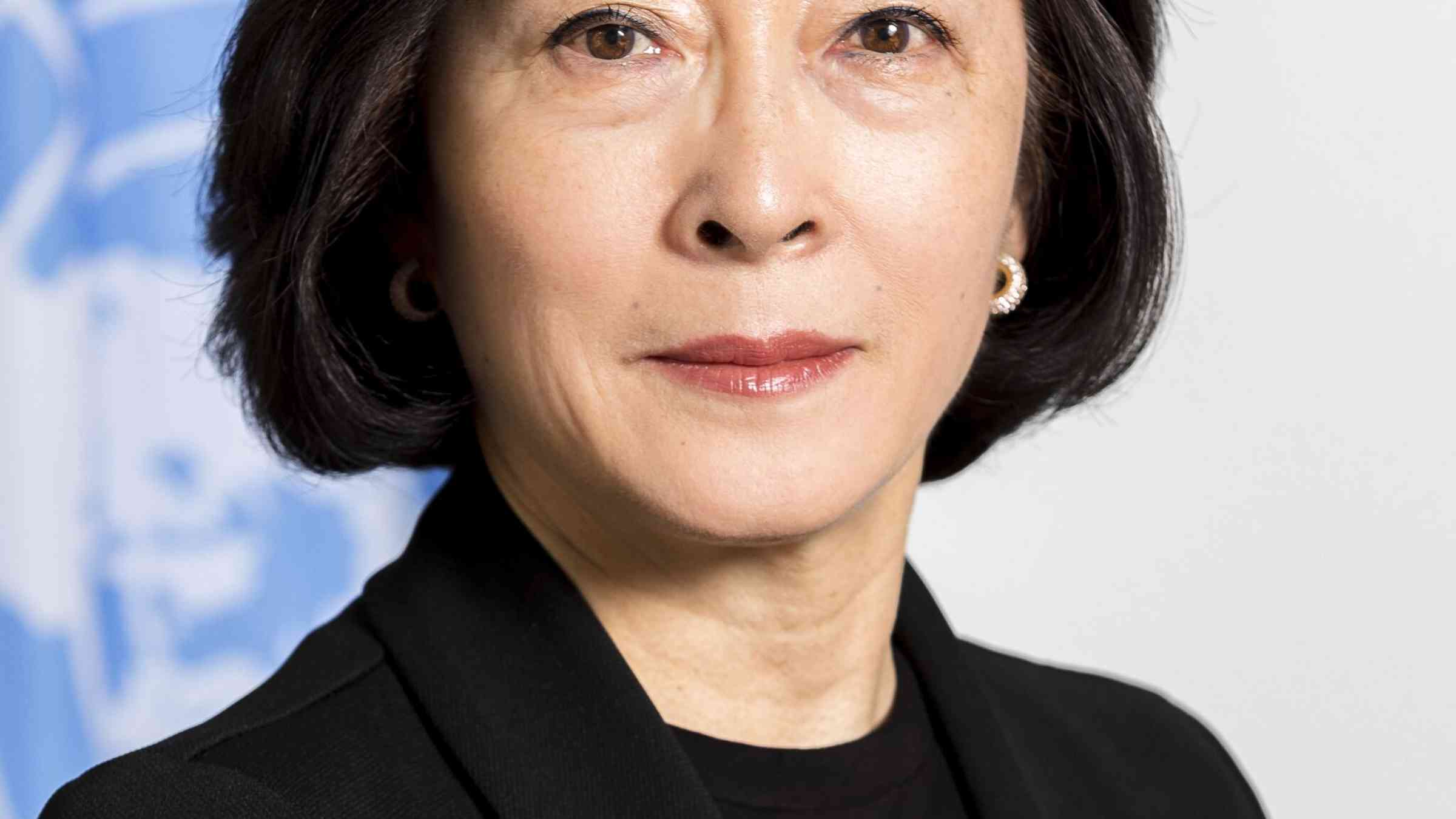Remarks by SRSG Mizutori at the Launch of the Global Assessment Report on Drought

(Check against delivery)
Remarks by SRSG Mami Mizutori
Launch of the GAR SRD 2021 at the World Day to Combat Desertification and Drought
Thursday 17 June 2021 | 15:00
Thank you to everyone who is joining us today from around the world for the launch of the GAR Special Report on Drought 2021 on the World Day to Combat Desertification and Drought.
On behalf of the United Nations Office for Disaster Risk Reduction, I would like to express my sincere gratitude to everyone who has worked with us to bring this important report to light.
From our Advisory Board who steered the work through concept to completion, to the more than 80 authors, who contributed their time and expertise. Just like disaster risk reduction, this has been a truly collaborative effort.
In particular, I would like to thank our three lead authors:
Dr Roger Pulwarty from the Physical Sciences Laboratory at the NOAA Office of Oceans and Atmospheric Research;
Dr Jurgen Vogt from the Joint Research Centre of the European Commission; and
Dr Wadid Erian, Professor of Soil Science at Cairo University.
Their findings will be presented here today by Dr Pulwarty and we are grateful for their leadership and commitment to this project.
Of all the hazards we face, you may be wondering: why drought?
The Global Assessment Report in 2019 highlighted the increasingly systemic nature of risk. In our global connected world, risks and their impact can no longer be treated or managed in isolation. The cascading effect of COVID-19 is a clear and devastating example of this.
Drought is another all too vivid example. Estimates show droughts have affected at least 1.5 billion people since the turn of the century and led to economic losses of more than US$124billion across the world. With indirect costs nearly impossible to measure, the true impact is much higher.
With climate change, we can expect extreme weather events to hit harder and more frequently in coming years. In a 1.5 degree warmer world, there is no doubt that drought will be a more regular event.
Drought is not something that hits us suddenly, nor something that we can quarantine our way out of. Drought manifests over months, years, sometimes decades, and the results are felt just as long. Drought exhibits and exacerbates the social and economic inequalities that are deep-rooted within our systems and hits the most vulnerable the hardest.
But, as we will hear in the findings of the GAR Special Report, we know what needs to be done. It will take innovative partnerships, integrated mechanisms and adaptive governance to overcome the threat that drought poses.
This report could not be timelier. Later this year, the UN will host the Food Systems Summit and the 26th UN Climate Change Conference of the Parties, and in early 2022 the 15th Session of the COP to the UN Convention to Combat Desertification. Many of the scientists who have contributed to this report, will also transmit that knowledge during these vital multinational processes.
The GAR Special Report on Drought is a call to action: we must act now if we are to meet the goals of the Sendai Framework for Disaster Risk Reduction, the 2030 Agenda for Sustainable Development, and create a safer, more resilient, risk-proofed future for all.
Thank you.